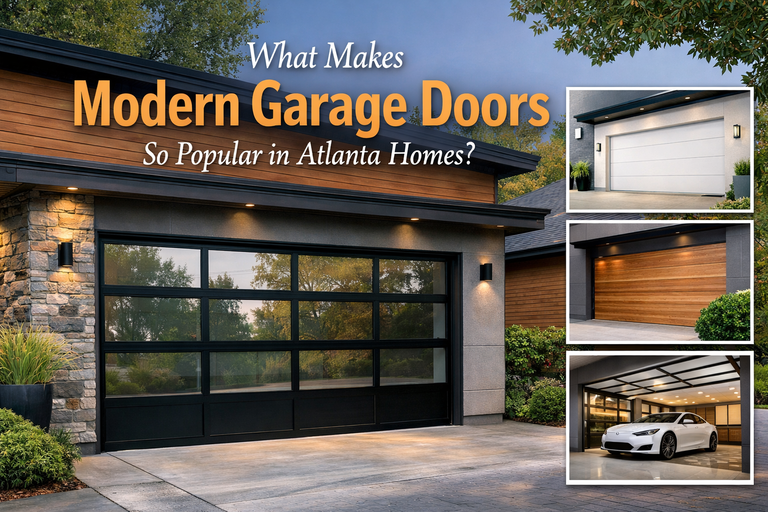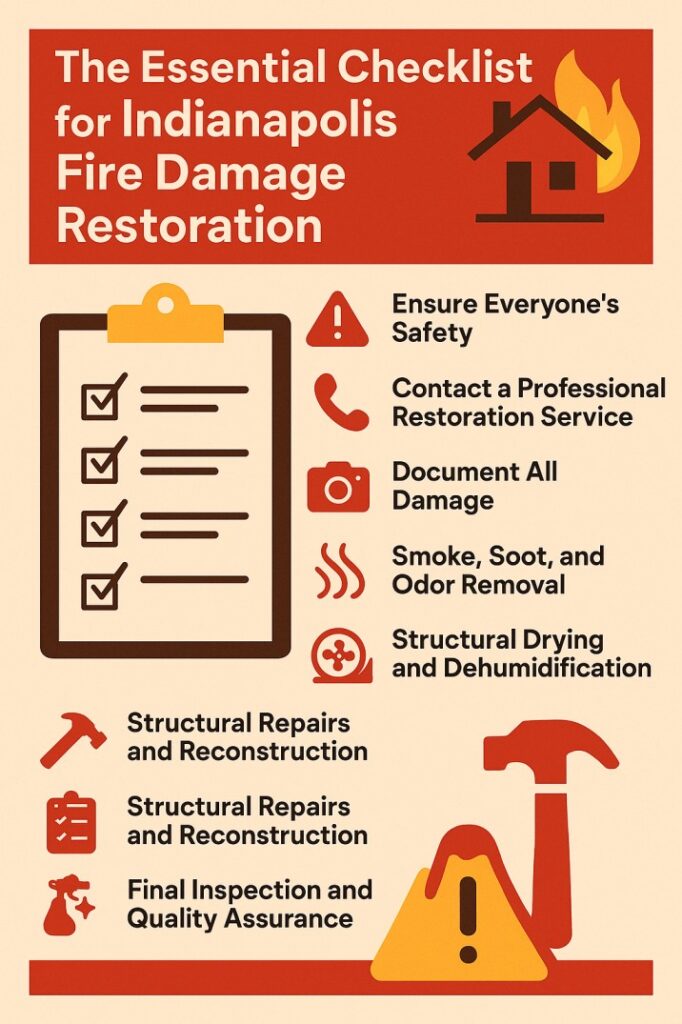Understanding the Basics of Lock Services
Before we get into the nitty-gritty of commercial versus residential lock services, it’s essential to understand what lock services entail. Generally, lock services include installation, repair, maintenance, and replacement of locks and security systems. While both commercial and residential properties require these services, the complexity and scale often vary significantly.
The Scale of Operation
One of the main differences between commercial and residential lock services lies in the scale of operations. Commercial properties, such as offices, retail stores, and warehouses, often have larger spaces and more entry points than homes. This means that the security systems in place need to be more comprehensive. For instance, a commercial establishment might require multiple locks, keypads, or access control systems to manage employee access, which is usually unnecessary in residential properties.
Complexity of Security Needs
Commercial lock services must address a higher level of complexity. Businesses often deal with sensitive information, valuable inventory, and, in some cases, hazardous materials. Therefore, they need advanced security features, such as high-security locks, master key systems, and electronic access controls. On the other hand, residential properties generally require basic locking systems that provide sufficient security for homeowners and their families.
Key Management Systems
Managing keys for a commercial property is a whole different ballgame. Commercial lock services often implement key management systems that allow businesses to track who has access to which areas. This can include using key cards or fobs that can be easily revoked if lost or stolen. In contrast, residential locks usually operate on traditional keys, which can be duplicated easily, posing a security risk if they fall into the wrong hands.
Customization and Flexibility
Another significant difference is the level of customization required. Commercial lock services must be adaptable to the specific security needs of each business. This can involve tailored locking mechanisms that integrate with existing security systems, like alarm or surveillance setups. Residential lock services, while they may offer some customization, typically revolve around standard lock types that are readily available in stores.
Emergency Services and Response Times
When a lock issue arises, response times can be critical, especially for businesses. Commercial lock services usually provide quicker response times and 24/7 emergency services to ensure that businesses can continue their operations without unnecessary disruptions. Residential services may also offer emergency assistance, but the urgency may not be as pronounced, as most homes can secure themselves temporarily until a locksmith arrives.
Types of Locks Used
The types of locks used in commercial settings differ significantly from those in residential areas. Commercial locks are often built to withstand higher levels of wear and tear, as they experience more frequent use. Heavy-duty locks, electronic locking systems, and smart locks are common in commercial spaces. Residential locks, on the other hand, can vary widely from standard knob locks to deadbolts, focusing more on aesthetics and basic security rather than heavy-duty usage.
Compliance with Regulations
Businesses must adhere to specific security regulations and standards that aren’t typically a concern for residential properties. For instance, certain commercial establishments need to comply with fire codes, which may dictate specific locking mechanisms for exit doors. Lock services for commercial properties are well-versed in these regulations and ensure that installations meet legal requirements, providing peace of mind for business owners.
Costs and Budget Considerations
When comparing commercial and residential lock services, costs can vary dramatically. Commercial lock installations often require a more significant upfront investment due to the complexity and scale of the work involved. Additionally, ongoing maintenance and updates to security systems can add to the overall cost. Homeowners, however, may find residential lock services more budget-friendly, with simpler installations and lower maintenance needs.
Conclusion
In summary, commercial lock services and residential lock services cater to different needs and challenges. Understanding these differences can help you make informed decisions about your property’s security. Whether you’re a business owner looking to enhance your security measures or a homeowner needing a reliable locksmith, knowing the distinctions will help you find the right service provider. Investing in the right locking mechanisms is crucial for protecting what matters most, be it your family or your business.









